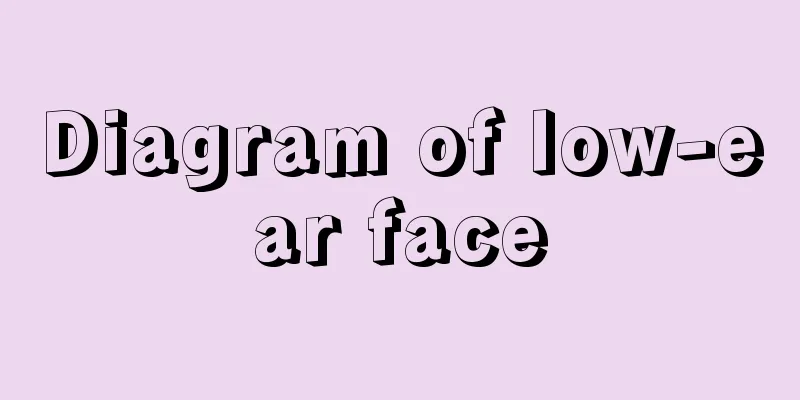HSBC uses blockchain to create a physical gold tokenization system to change the rules of the gold trading game

|
HSBC Holdings Plc, one of the world’s leading banks, has launched a blockchain-based platform to modernize the traditionally manual processes in the London gold market. The new platform tokenizes the ownership of physical gold stored in HSBC’s London vaults, representing gold in digital form . In an interview, Mark Williamson, head of partnerships and propositions for FX and commodities at HSBC, revealed that their innovative system uses distributed ledger technology. The “cutting-edge” system uses digital tokens to represent gold bars and facilitates seamless trading through HSBC’s single dealer platform. However, HSBC is not the first company to try to use blockchain technology to simplify gold investment. In 2016, Crypto startup Paxos partnered with Euroclear to create a blockchain-based settlement service for London bullion market transactions. Although they dissolved their partnership a year later, Paxos continues to offer digital tokens backed by physical gold, Pax Gold. What makes HSBC stand out in this space is its huge influence in the bullion market. As one of the largest custodians of precious metals and one of the four clearing members of the London gold market, HSBC plays a vital role in an industry that sees more than $30 billion worth of gold traded every day. Despite the size of the London gold market, with some 698,000 bars worth $525 billion stored in Greater London, it still relies heavily on outdated manual record keeping and operates entirely over the counter. HSBC’s blockchain platform aims to simplify and optimise this process, providing customers with an easier way to track their gold ownership, including tracking the serial number of each gold bar . HSBC's tokenization system is designed to improve accessibility and efficiency, with one token equivalent to 0.001 troy ounces, while the standard of London gold bars is 400 troy ounces. Although the initial focus is on institutional investors, the platform may be adjusted in the future to allow retail investors to invest directly in physical gold after approval by local regulators. The move is part of HSBC’s broader effort to integrate blockchain technology across its operations, following the launch of a platform for issuing and storing digital bonds, called HSBC Orion. As major institutions such as JPMorgan Chase & Co., Euroclear and Goldman Sachs add blockchain-based applications to the financial industry, the market will see whether these innovations can be adopted at scale and bring the expected improvements to traditional financial infrastructure. As Bitcoinist reported, HSBC’s integration of blockchain technology into gold trading enters the booming tokenized asset industry, which is expected to be worth a staggering $16 trillion by 2030, and its future prospects make it possible for certain crypto assets to soar . |
<<: SBF’s seven sins: wire fraud, securities fraud, commodities fraud, conspiracy to launder money
>>: Crypto market hot spots in November: excellent projects and catalysts worth paying attention to
Recommend
HNA accelerates blockchain research and implements multiple applications from shared services for employees to customers
Since 2015, many of the world's top commercia...
How to read the marriage palace in physiognomy
The Palace of Marriage is located on the temples ...
Bitcoin developers sell off their holdings
Mike Hearn, a well-known Bitcoin developer, said ...
Analysis of Li Ka-shing's facial features
In the fierce competition, if you give a little m...
Is it true that people with high bridges of the nose have good fortune?
Some people say that a person's destiny can b...
What to do if there are horizontal lines on the root of the nose
The root of the nose is the foundation of the mou...
Bitcoin prices rose again in the Asian session, continuing the surge
Bitcoin prices rose again in the Asian session on...
What does it look like to have money disputes?
Financial disputes in life are never a good thing...
How to read a person from his eyes
Human eye shapes can be divided into many types, ...
A short wisdom line on a man's palm indicates a slow brain development
How to read the complete graphic diagram of a man...
The face of a person who cannot be comforted when his partner is angry
It is common to have quarrels in a relationship, ...
After OKEx suspended withdrawals, how much impact will Huobi and Binance have?
On the morning of October 16, 2020, OKEx, one of ...
Is it good for a woman to have a mole on the left eyebrow? What is the fate of a woman with a mole above the left eyebrow?
Having a mole on the face will affect a woman’s a...
A young CEO committed suicide. The story behind the tragedy of leverage
Author: Qin Xiaofeng, Xue Jiao Editor | Mandy Pro...
2017 will be the year of explosion of safe-haven assets. Which one will become the "king of safe-haven assets" between Bitcoin and gold?
The comparison between gold and Bitcoin has been ...









